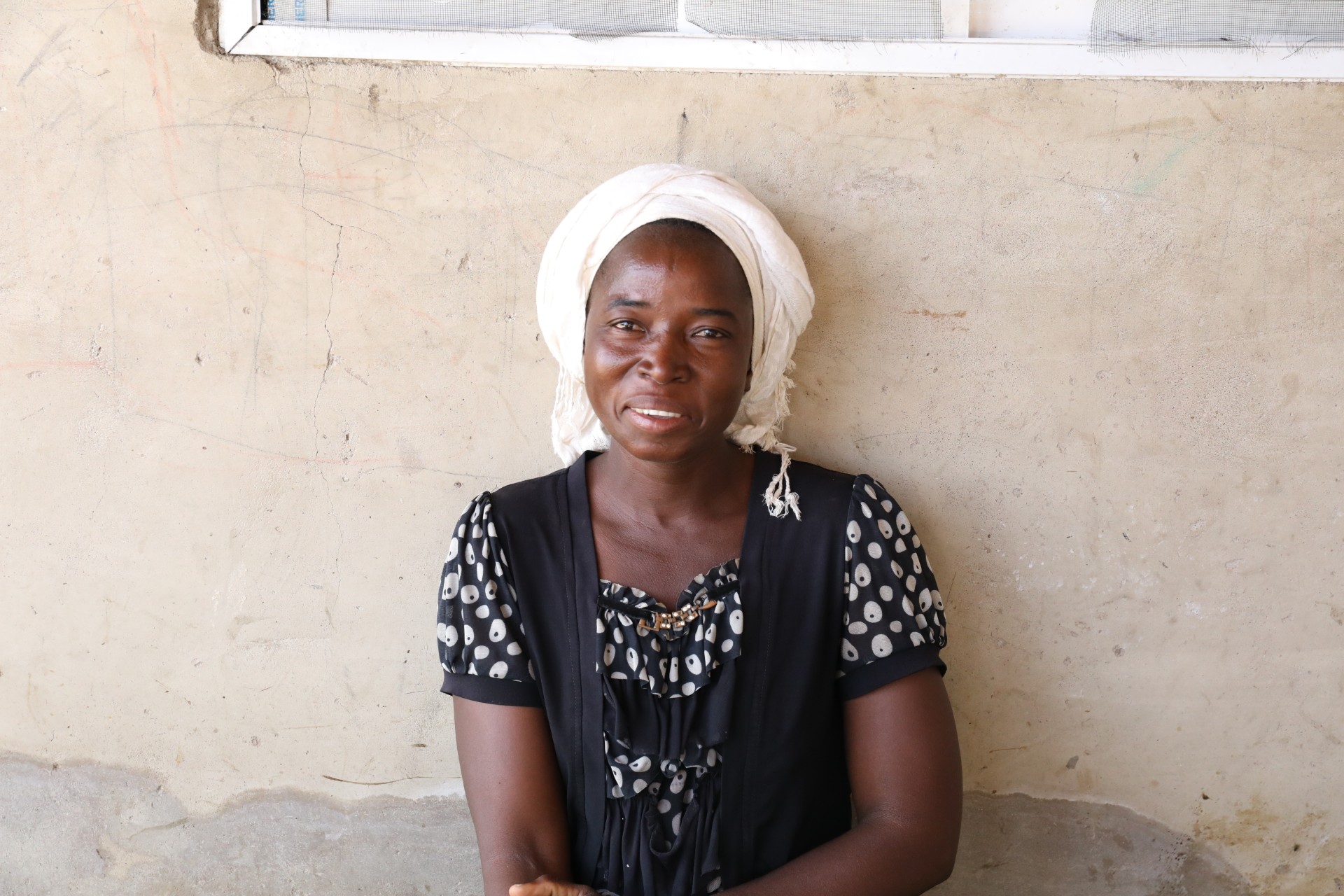
Community-based Anticipatory Action for Climate Change in Urban Areas
Pilot testing and evaluating an anticipatory action model for recurrent, low-impact climatic shocks (e.g. seasonal flooding) that utilizes local resources and strengthens partnerships between affected communities and local authorities.
People in low-income countries face greater climate disaster risks and displacement, with millions expected to move to fragile urban areas. Many of these cities are highly flood-prone due to poor infrastructure, unplanned growth, and informal settlements. Yet, anticipatory action research remains largely rural-focused and top-down, relying on large-scale funding for rare events. This overlooks community-led, low-cost actions for frequent, low-impact shocks like seasonal urban flooding. Bottom-up approaches using local resources are underdeveloped, highlighting the need for more operational learning to design sustainable, urban-focused anticipatory interventions.
Aiming to address this implementation and knowledge gap, this ECHO-funded project pilot tested and evaluated the effectiveness of a community-based anticipatory action model for climate change in urban areas. The model was tested in Yola, Nigeria, a city that faces severe annual flooding, worsened by unplanned urbanization, poor infrastructure, and inadequate environmental management. The evaluation used a quasi-experimental pre/post-test design in 4 pilot and 4 comparable communities to assess the model’s effectiveness on community resilience, using project baseline and endline data.
The pilot model included establishing Flood Early Warning Systems (EWS), forming Community Anticipatory Action Committees (CAACs), and collaborating with local government committees. The project developed community-level and state anticipatory action protocols, conducted sensitization campaigns, and implemented mid- to long-term actions like waste management, drainage clearing, and tree planting. Capacity building and workshops were held for committees to strengthen preparedness. The intervention also had an explicit focus on advocacy and partnership building between communities and local authorities. Comparison communities received anticipatory cash assistance to enhance household-level resilience.
The impact evaluation found the piloted model was effective in improving community disaster resilience across most resilience themes and several resilience dimensions, resulting in gains in overall community disaster resilience scores. At the resilience theme level, it was particularly effective in producing gains in the areas of governance, knowledge and education, preparedness and response, followed by gains in risk assessment. Gains in governance were largely due to stronger partnerships with government stakeholders, greater involvement of women in disaster risk reduction (DRR) decision-making, and enhanced community advocacy. While community leadership played a key role, its quality varied, and inclusive leadership for vulnerable groups requires continued effort. The pilot had no impact on the integration of resilience activities into formal development planning.
The intervention strengthened community participation in risk assessment by blending scientific and local knowledge but had no impact on social cohesion, which was reportedly already high.
The pilot had limited impact on disaster risk management and vulnerability reduction, which includes access to services, infrastructure, livelihoods, and environmental planning. Stakeholders highlighted the need for integrating health, WASH, and livelihood components in future iterations.
The impact evaluation of the piloted model and lessons learned from project implementation were used to develop recommendations for strengthening the model. These emphasize integrating disaster risk reduction into broader urban development, enhancing social safety nets, promoting inclusive governance, and fostering localized early warning systems. Collectively, these propose an urban anticipatory action model that is locally grounded, inclusive, and integrated into urban development.
Partners
- Adamawa State Emergency Management Agency
- Nigeria Meteorological Agency
- Nigeria Hydrological Service Agency
- Upper Benue River Basin Development Authority